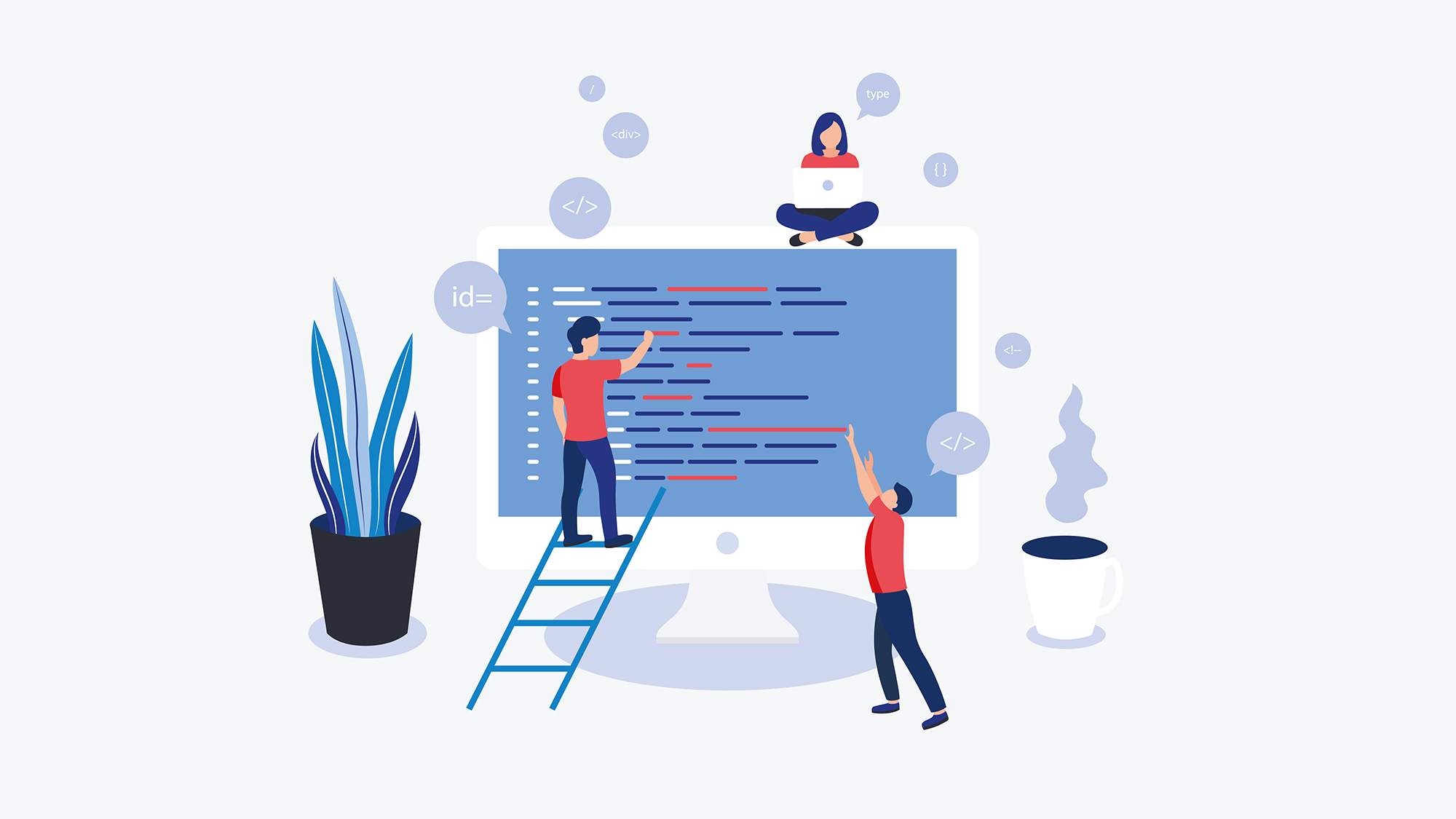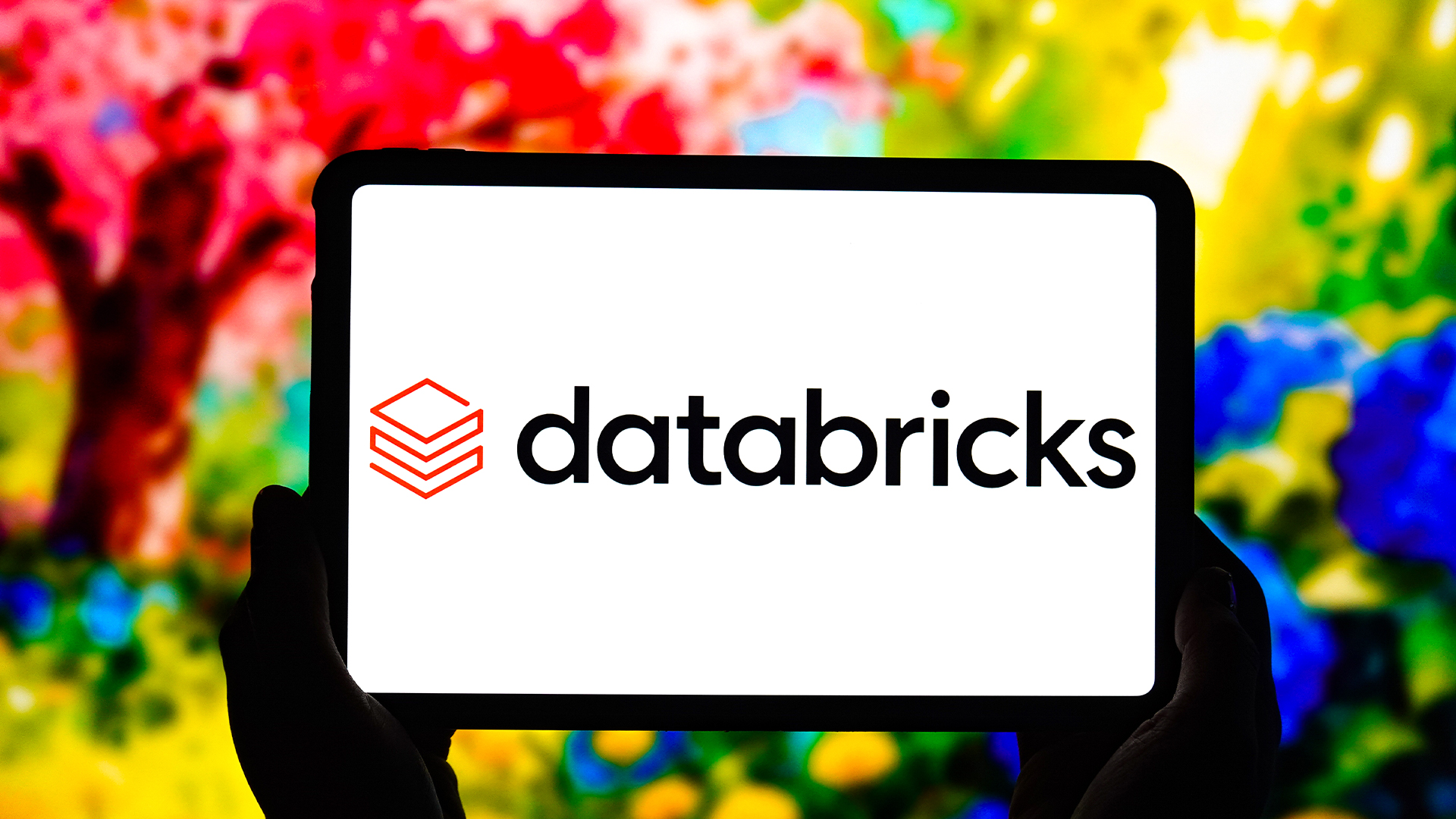Coding vs programming vs scripting: What’s the difference?
Your comprehensive guide to the important distinctions between coding, programming, and scripting


When people talk about writing code on a computer, the terms ‘coding’, ‘programming’ and ‘scripting’ are often used interchangeably. In fact, most people aren’t aware that there are subtle but important differences between the three activities. But just what are they?
What is coding?
Put simply, coding is the act of inputting commands into a computer in a language that it can understand. At the smallest level, computers process everything in binary — 1s and 0s — also called machine code.
Far back in computer science history, there was no other way in which users could write code, but quickly programming languages were written to give programmers a far more user-friendly coding experience.
Today, almost all code is written in one of many programming languages, which have their own libraries, documentation and syntax.
All of the most popular programming languages have their differences, with more or less overlap between them, and it takes time to learn how to use each one effectively.
When you strip each one down to its core, however, all each does is interface with a computer on its own terms, while simultaneously allowing a user to create commands in a way that they can understand and easily remember.
What is programming?
If coding is translating intention into language that computers can understand, programming can be understood as taking this language and making it into a comprehensive list of instructions.
Sign up today and you will receive a free copy of our Future Focus 2025 report - the leading guidance on AI, cybersecurity and other IT challenges as per 700+ senior executives
Every decision you make on your computer, whether it’s right-clicking or pressing ‘search’ on Google, sets in motion a chain of code that varies in complexity depending on the demands of the user.
Usually, these chains have been written line-by-line in code inside a program called a compiler, which translates the program from the language in which it was written into machine code that the computer can run as a cohesive program.
Very recently, AI models have reached a point where they are beginning to be able to overtake humans in writing programs of their own, but this is still far from proven technology.
What is scripting?
RELATED RESOURCE

The COO's pocket guide to enterprise-wide intelligent automation
Automating more cross-enterprise and expert work for a better value stream for customers
Scripting is typically used to automate a process that would otherwise be undertaken by a human operator. Some programming languages are considered good scripting languages, with a prime example of this being Python. This is due to its ample documentation, speed, and intuitiveness.
Unlike programs, which are compiled into machine code by a compiler, scripts are usually run by something called an interpreter. This runs the program line-by-line from the source code, with no translation of the script into any other code.
The benefit of scripts is that they are much easier to understand for beginners, as they are generally laid out in a more easily digestible format. On the other hand, scripts can only run on a computer that has the right interpreter installed.

Rory Bathgate is Features and Multimedia Editor at ITPro, overseeing all in-depth content and case studies. He can also be found co-hosting the ITPro Podcast with Jane McCallion, swapping a keyboard for a microphone to discuss the latest learnings with thought leaders from across the tech sector.
In his free time, Rory enjoys photography, video editing, and good science fiction. After graduating from the University of Kent with a BA in English and American Literature, Rory undertook an MA in Eighteenth-Century Studies at King’s College London. He joined ITPro in 2022 as a graduate, following four years in student journalism. You can contact Rory at rory.bathgate@futurenet.com or on LinkedIn.
-
 Amazon says Russian-backed threat groups were responsible for multi-year attacks on edge devices
Amazon says Russian-backed threat groups were responsible for multi-year attacks on edge devicesNews Russian-backed hacker groups are exploiting misconfigured edge devices – now preferring that tactic over hunting down traditional vulnerabilities to gain access to company networks.
-
 How to MFA everywhere
How to MFA everywhereIndustry Insights Identity online is not who you are; it is what the system accepts as proof of you, and that gap is exactly what the attackers take advantage of
-
 Want to get the most out of Anthropic’s Claude AI assistant? This new training course will give you prompt engineering tips and how to use Claude Code
Want to get the most out of Anthropic’s Claude AI assistant? This new training course will give you prompt engineering tips and how to use Claude CodeNews New Coursera specializations aim to help Claude users of all levels brush up on their skills
-
 AI is redefining roles in the tech industry and forcing Gen Z workers to reassess career paths
AI is redefining roles in the tech industry and forcing Gen Z workers to reassess career pathsNews Gen Z workers remain cautious about AI while industry turbulence is changing their outlook on company loyalty
-
 Databricks wants to train 100,000 people in AI across the UK and Ireland – here's how to get involved
Databricks wants to train 100,000 people in AI across the UK and Ireland – here's how to get involvedNews The company will work with government and academic institutions to bolster AI and data skills
-
 IT and business pros call for more tech training
IT and business pros call for more tech trainingnews Projects are being abandoned thanks to a lack of tech skills
-
 Enterprises are concerned about ‘critical shortages’ of staff with AI ethics and security expertise
Enterprises are concerned about ‘critical shortages’ of staff with AI ethics and security expertiseNews Tech leaders are reporting higher demand for AI literacy and “human skills”
-
 Rampant skills gaps should be a ‘wake-up call for every leader’ as AI, tech talent shortages hamper growth
Rampant skills gaps should be a ‘wake-up call for every leader’ as AI, tech talent shortages hamper growthNews AI and broader tech skills are two of the three biggest headaches for tech leaders
-
 These are the UK industries facing the biggest digital skills gaps in 2025
These are the UK industries facing the biggest digital skills gaps in 2025News Analysis of job vacancies shows that the digital economy is accelerating too quickly for the workforce to keep up with
-
 These are the top 'soft skills' your business needs to succeed with AI
These are the top 'soft skills' your business needs to succeed with AINews Technical capabilities can only take a business so far with AI adoption, according to Multiverse